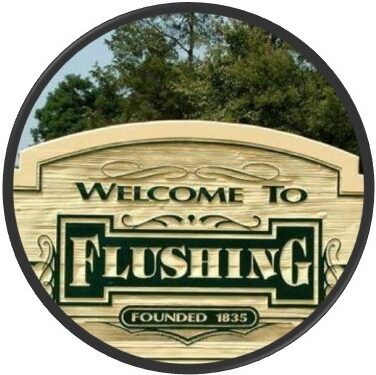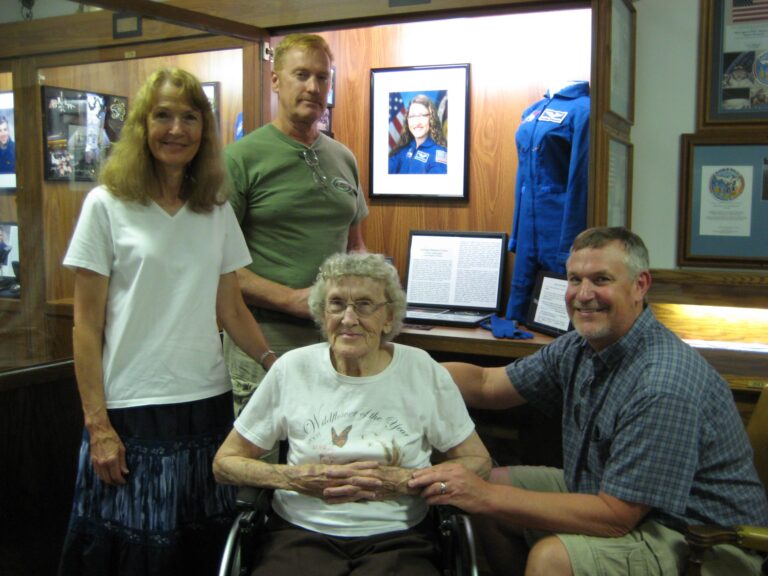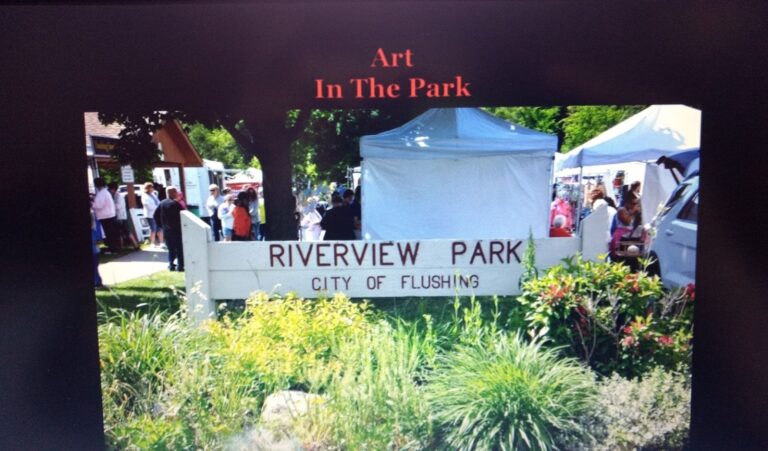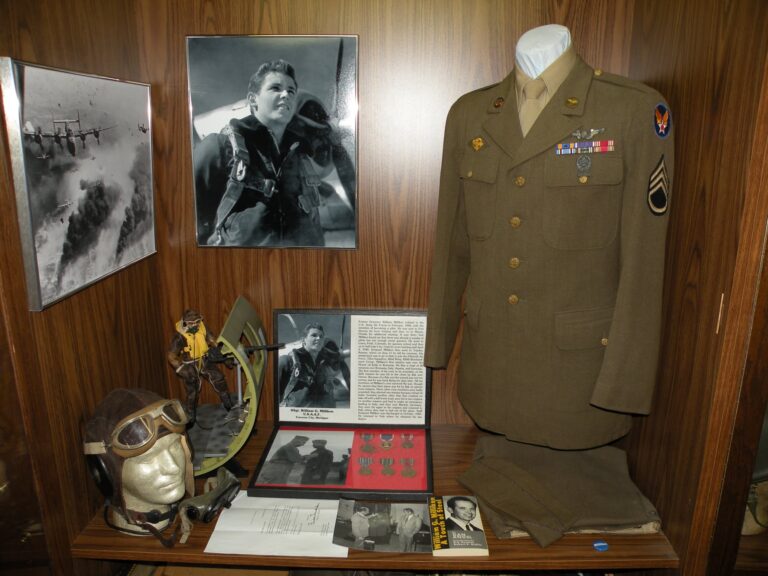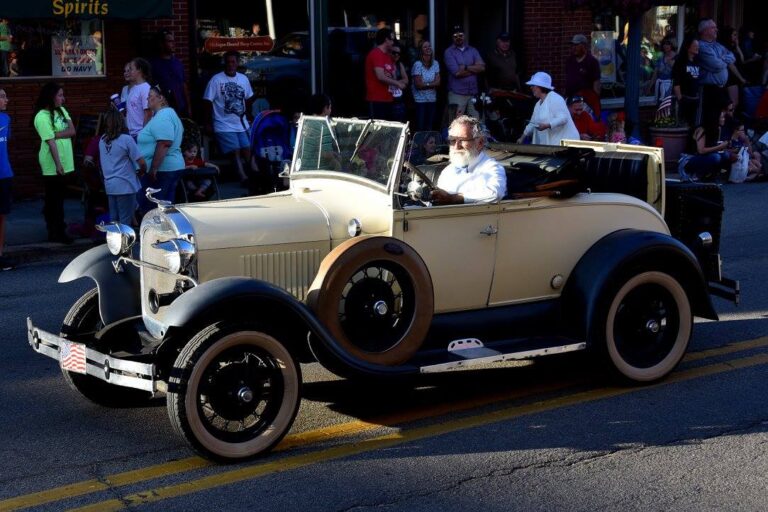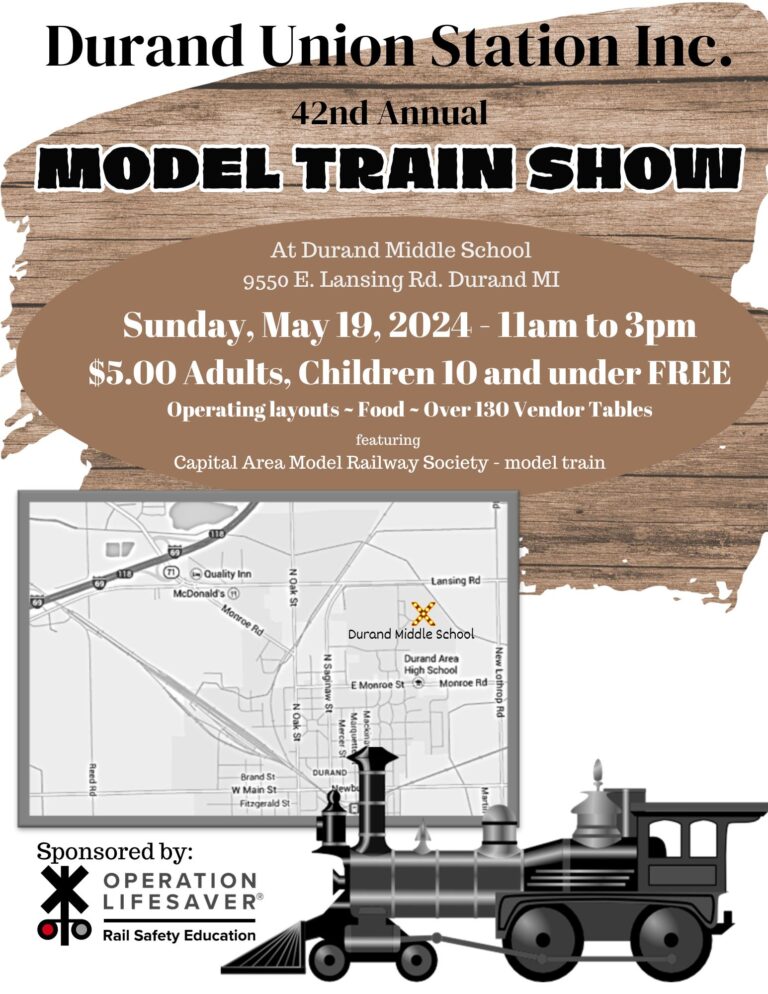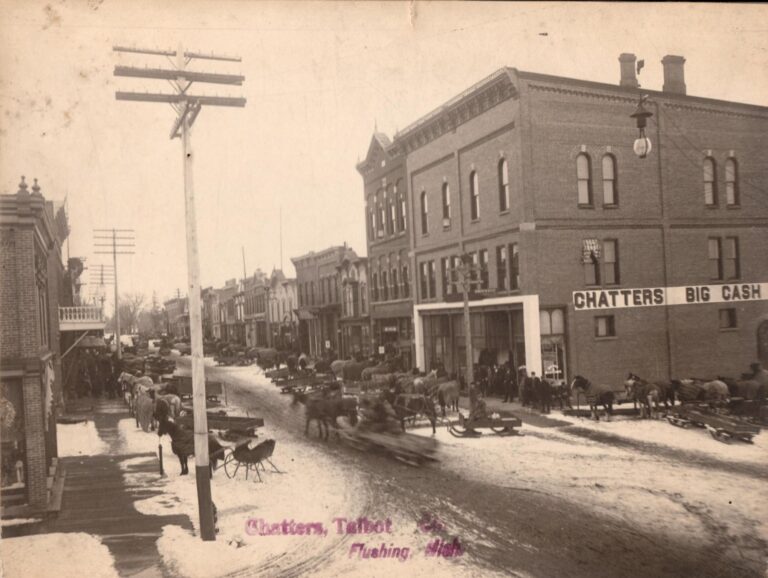Interesting article that might apply to you someday.What is your best advice to someone who just inherited a coin collection?Interesting article that might apply to you someday.
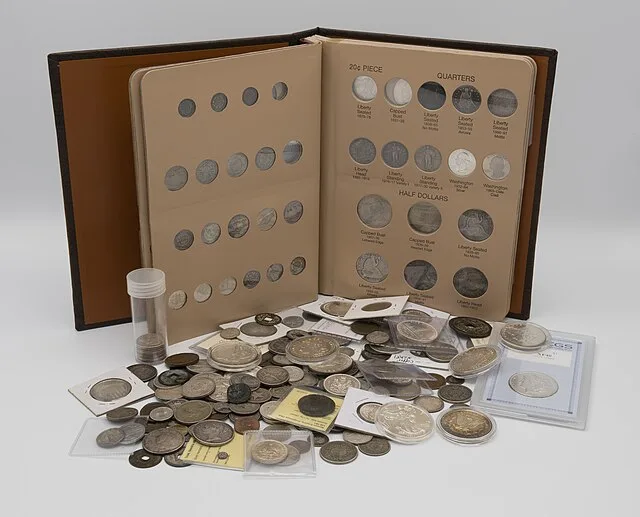
From the March 1, 2024, Numismatic News E-Newsletter Readers’ Poll: The overall consensus is that researching and inventorying collections should come first.
What is your best advice to someone who just inherited a coin collection?
Attend a local coin club meeting.
Fairfax Coin Club mans a table at our local coin shows. We’ve had a number of folks with inherited collections stop by, and after a brief description, we suggested:
1) they take an inventory of the inherited coins and
2) they attend one of our monthly meetings.
The past three folks attended our meeting(s) and were introduced to the club officers; thereupon, they were all given options for disposing of the coins. All three folks followed through on our suggestions and were very pleased with the results.
Either way, there is advice that relates to both of these situations. Do not sell quickly. Do not sell in a panic. Take time to learn about what you have inherited. Ask questions of others who have a hobby or business in coin collecting. Attend a show or two, talk to a few dealers, and do research on your own. Once you understand what you have, then you can decide how to deal with your inheritance.
1) Inventory the collection before you let it out of your hands. Without an inventory, an unscrupulous person could spot a single coin that is rare and very valuable and just “scoop it up.”
2) If you know a family member or a good friend who is a trusted coin collector, invite that person to look over the collection with you. You are asking for that person’s opinion about it.
3) At this point, you are still in possession of the collection.
4) Warning: Depending on the size of the collection, going to a coin dealer and asking for an appraisal could cost more than the collection is worth. Appraising every individual coin is a labor-intensive endeavor. Grading each coin is subjective but very important. Cataloging (recording the coins’ denomination, year, mintmark, grade, and current value) is required and time-consuming.
5) I think of a coin collection as the hard work, care, and devotion of usually a one-person thing over years and years. It is more or less a family heirloom. Therefore, I would look for a family member, like a child of the collector, nephew, niece, or grandchild, to carry on and care for the collection. Over time, it is my belief (no guarantee) that the value of the collection will increase.
f the recipient was not familiar with numismatics, I would first recommend that they get a current version of a coin value magazine or book. “Red Book” or “Black Book” would allow them to get basic information on what they have received and the approximate value of their gift. This may help them avoid being “taken “by a miscreant. Also, if they have a trusted friend or relative with numismatic knowledge, they should get their opinion and suggestions. Using trusted sources for information and advice is important.
Do not clean or polish coins.
Make sure you inspect each coin and bill you inherited. The person who gave them to you knew what he had and appreciated every single one of them. Don’t just run to your neighborhood coin dealer to see how much each one is worth. Keep them for a while. Who knows, you might just fall in love with collecting yourself.
Seek advice from a certified numismatist, attorney, accountant, or trusted financial advisor. Be selective in your choices. Do not fall prey to greed, fakes, or enticements. Well, we know we should have it appraised. If a family is into the collection, they should know what to do. But most of the time, someone has no clue what to do with them. Rolling them up and taking them to the bank happens to some collections. I knew someone whose dad left his proof set to her. She opened them up to buy cigarettes and food. The sets were from 1950 to 1964. She didn’t ask if they had any value except face value.
